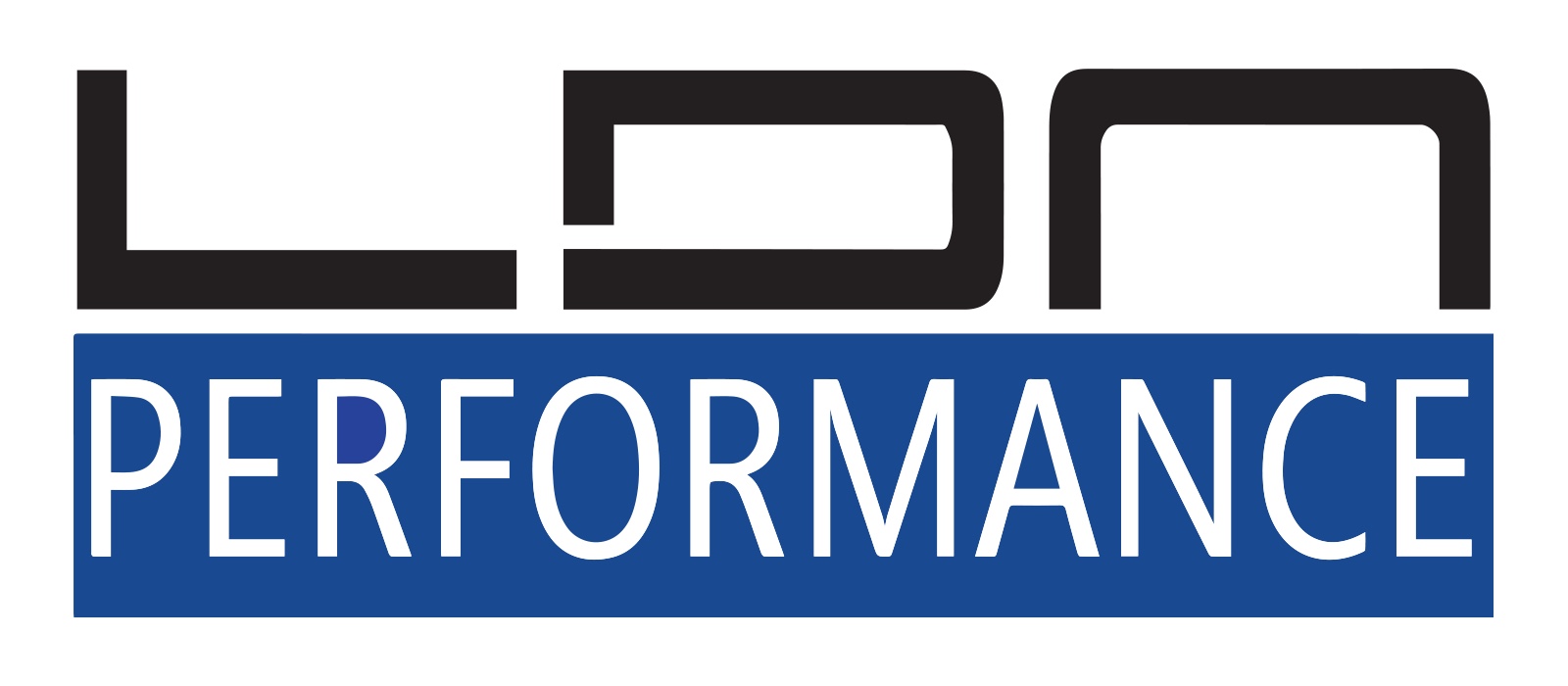Fat loss VS Weight loss.
It is the common term to those who are feeling unhealthy and not quite at their ‘fighting weight’ any more, that they want to ‘lose weight’. But is losing weight really the way to go?
We’ve been brought up in the age where being ‘healthy’ is often defined by stepping on a set of scales and either being happy or disappointed at the number that appears. But what does that mean in the grand scheme of things?
For example;
Subject A goes from being 75kg and loses weight. They now weigh only 70kg, but their body fat has only decreased by 1%…. where has all of this weight gone? Yes part of it could be due to water retention, part of it could be down to the time of day they weighed themself, or maybe even the food they’ve consumed on either ‘weigh-in’ day; but unless they’ve chopped off a limb… the only way they could have lost this weight was through their muscles catabolising (shrinking/wasting away), but for a lot of people, this will be seen as a success, as society has taught us that losing weight is a good thing.
Subject B however goes from being 75kg and loses weight, but only goes down to 74kg. But, their body fat decreases by 5%. Therefore their muscle mass will have increased, leaving a leaner, healthier looking and stronger physique.
Which do you think is better for overall health?
Current terms being bounded around by health professionals such as ‘losing weight’ do not help this as they should really be promoting ‘fat loss’. I’ve experienced this on numerous occasions, where prospective clients have approached me saying that they are looking to train on the advice from a health professional that they must ‘lose weight’.
This obviously for me is a cause for concern. In this type of situation with anyone that approaches me for personal training and suggests they haven’t trained in a long time, I almost freeze in anticipation of the dreaded ‘MY GOAL IS TO LOSE WEIGHT’ statement. At this stage I always go through the process of explaining why watching the number on the scales isn’t necessarily the best way to track progress, especially when participating in a rigorous training programme.
The morale of the story is; DO NOT WORRY ABOUT YOUR WEIGHT! Weight is actually pretty irrelevant (unless you’re competing in an event where you have to be within a certain limit).
After training for a period of time, you could weigh exactly the same as you do right now but look leaner, have greater muscle mass, be stronger, have greater CV and muscular endurance all whilst having your favourite outfit fit better!
So what do I recommend to track progress?
- Take photographs of yourself on a set day after: 2 weeks, or 1 month, or 6 weeks etc. then repeat after the same period of time.
- Get a measuring tape and measure circumferences of your waist, upper arm, upper leg and for guys… the chest.
- Use a body fat monitor/calipers if you have access to them.
Or;
- Plain and simply… just use your current clothes- are t shirts getting tighter around the arm due to muscle growth? Are that favourite pair of jeans getting looser around your waist?
Yours in health
Ben
